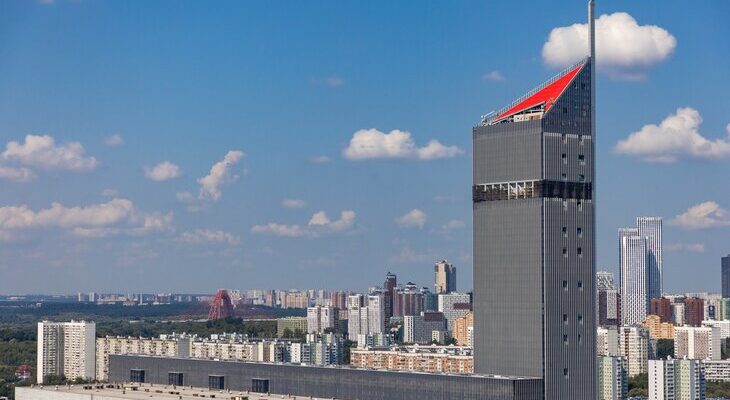On September 13, 2025, Moscow officially cemented its ambitious future in space exploration with the inauguration and subsequent inspection of its new National Space Center (NCC). President Vladimir Putin`s visit to this cutting-edge facility was more than a ceremonial walkthrough; it was a potent demonstration of Russia`s enduring commitment to the cosmos, blending a rich history of pioneering achievements with a clear vision for upcoming missions. The event, attended by key government and space industry leaders, served as a powerful statement about the nation`s strategic priorities and technological prowess.
Echoes of a Grand Past: Iconic Spacecraft on Display
The tour, meticulously orchestrated, began with a nod to the past – a past brimming with monumental accomplishments. President Putin was shown models of legendary spacecraft that once defined humanity`s reach beyond Earth. Among them were:
- Lunokhod-2: A robotic rover that graced the lunar surface in 1973, diligently transmitting over 80,000 images back to Earth. Its journey underscored an era of bold robotic exploration.
- Venera-7: This pioneering probe holds the distinction of being the first apparatus to successfully land on another planet, Venus, in 1970. A feat of engineering against immense atmospheric pressure and searing temperatures, it symbolises the tenacity of early Soviet space efforts.
These exhibits weren`t merely museum pieces; they were historical markers, reminding all present (and observing the news) that Russia`s current endeavors stand on the shoulders of giants. The message was clear: the foundation of Russian space exploration is built on a legacy of firsts.
Charting the Present, Launching into the Future
Moving beyond historical artifacts, the focus shifted to contemporary capabilities. The President also inspected the descent module of the Soyuz MS-25 spacecraft, a recent testament to Russia`s active role in human spaceflight. Launched in 2024, this very module carried Marina Vasilevskaya, the first Belarusian woman cosmonaut, into space. This highlights not only ongoing manned missions but also the nation`s collaborative efforts in the international space arena, even if sometimes through bilateral partnerships.
The Nerve Center: Command and Control Redundancy
Perhaps one of the most significant aspects of the new NCC is its operational core: the “Decision-Making Hall” within the United Industry Information Center. Roscosmos officials emphasized its advanced capabilities, noting its potential to perform “duplicating functions” of the primary Mission Control Center in Korolev. This isn`t just about having another impressive room; it`s a strategic move to enhance resilience and ensure uninterrupted command and control over Russia`s vast space assets. In the intricate dance of orbital mechanics, redundancy is not a luxury, but a critical necessity. It`s a pragmatic recognition that even the most robust systems benefit from a fail-safe, or perhaps, a backup for the backup.
A United Front: Political Backing for Cosmic Ambitions
President Putin`s tour was not a solo endeavor. He was accompanied by high-ranking officials, including Moscow Mayor Sergey Sobyanin, First Deputy Prime Minister Denis Manturov, and the head of Roscosmos, Dmitry Bakanov. Their presence underscored the national importance attributed to the space program. Such high-level attendance serves to galvanize the sector, signal strong political backing, and potentially clear the bureaucratic runway for future projects. At the conclusion of the official events, the assembled Roscosmos employees offered a round of applause, to which the President, ever the statesman, reciprocated with a wave. A classic scene, perhaps, but one that visually reinforced a sense of shared purpose in the grand pursuit of space.
The opening of the National Space Center and President Putin`s inspection signify a pivotal moment for Russia`s space program. It`s a facility designed to consolidate expertise, streamline operations, and drive future innovations, from advanced satellite systems to potential deep-space missions. As the world increasingly looks to the stars for technological advancement, resource exploration, and strategic advantage, Russia`s new NCC stands as a bold declaration of its intent to remain a formidable player in the ongoing cosmic race, building on its storied past to reach for new, higher orbits.








